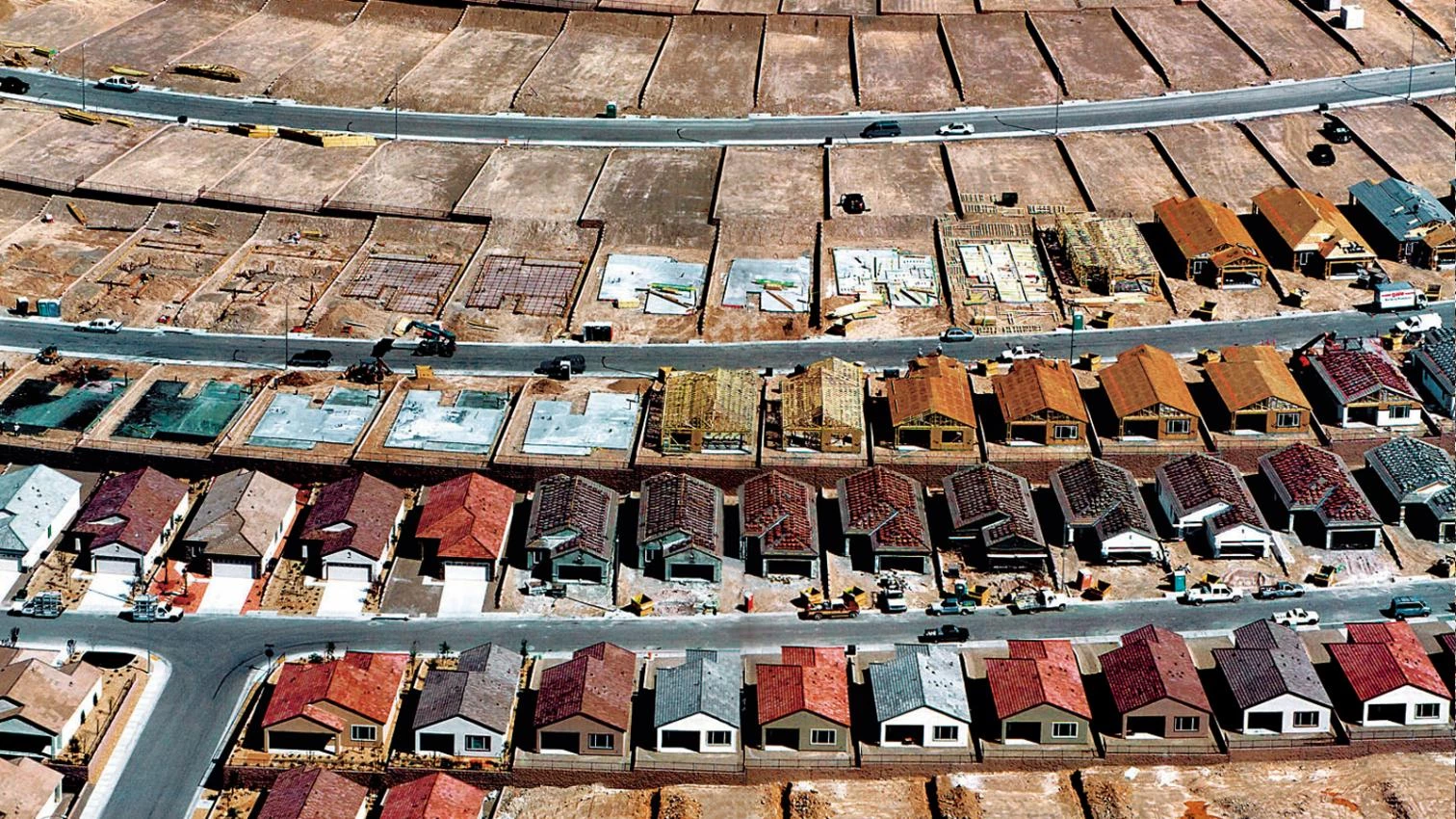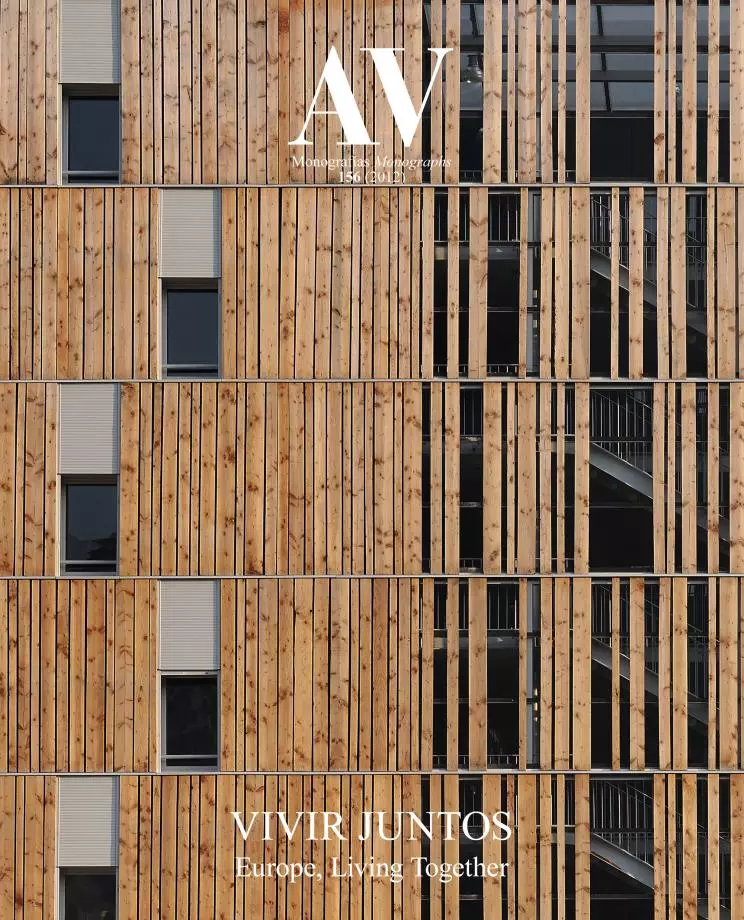
We yearn for the country, but prefer the city. We have chosen to live together and, voting with its feet, half of humanity is already urban. The city is not only our greatest invention; it is also the main resource to face the ecological and climate crisis. Though it may seem contradictory, cement is greener that grass, and the compact city the most efficient way of inhabiting the planet: it uses up less space and less time, less material and less energy. Unlike the scattered city that spreads over the territory, the compact one takes up less land for buildings and infrastructures, makes commutes shorter, uses less material resources in its construction, and requires less energy both for the conditioning of buildings and for transport. The density, continuity and complexity of the compact city serve, furthermore, as physical and social support for the exchange of ideas and affections, which turn urban concentrations into engines of innovation and centers of attraction.
The city, however, has had many enemies. The ‘contempt of court and village worship’ has a long literary pedigree, and the warning against urban dangers and vices is almost as old as cities themselves. The bucolic nostalgia for nature and simple life is present throughout our culture, a culture that was born precisely in cities. But if in the classical and in the feudal world the cities were spaces of freedom, the ‘dark satanic mills’ of the Industrial Revolution produce atrocious cities, unhealthier and more hopeless than those of previous centuries. The Manchester described by Engels or the ominous Wilhelmine Berlin sparked regenerationist or utopian anti-urban movements, and the garden-city – in its different varieties – was proposed as a path of conciliation with nature. From John Ruskin or William Morris to Leon Tolstoi or Piotr Kropotkin, and from Frederick Law Olmsted or Élisée Reclus to Ebenezer Howard or Patrick Geddes, the transit from the 19th to the 20th century is sprinkled with writers, biologists and geographers who set out to remedy the ills of the industrial city...





